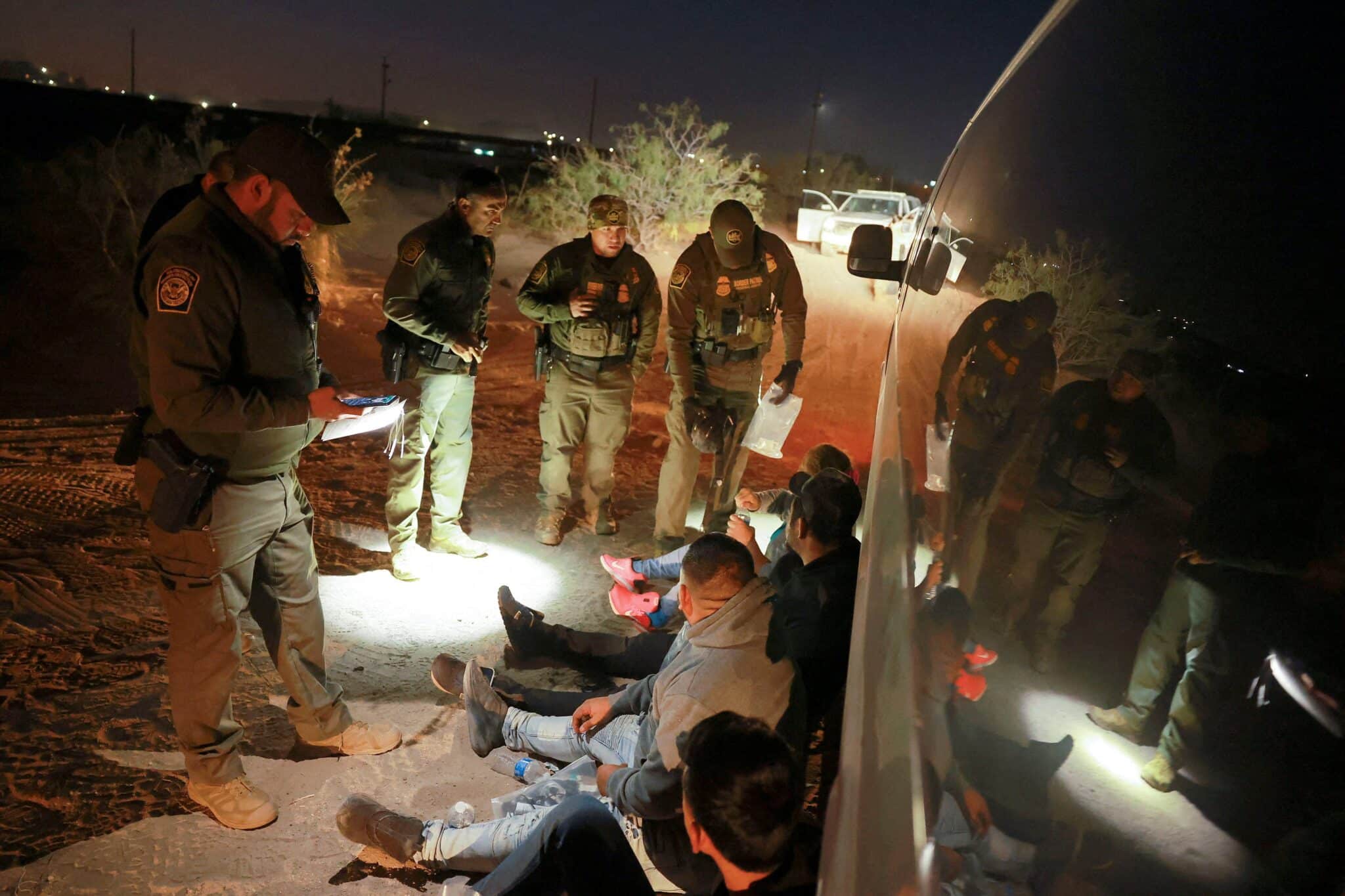With these words a man and a woman begin a journey together, and their lives, and those of their families and friends, will never be the same. Nor will that of the faith-community, for the exchange of marriage vows affects not only one man and one woman, but their parents and siblings, their extended families and their faith-communities. It changes their legal status and identity for now they will be a new family within society and within the Church. That’s how far reaching is the effect of committed love. Marriage is one of the most usual, and yet distinct, things two people can do.
The Sacrament of Marriage is unique in that it is the only social institution that Jesus raised to a sacrament, for if the marriage is between two baptized persons it is both a civilly recognized bonding and a sacrament. Also, in the Roman Rite, it is the only sacrament not conferred by a priest, for the couple confer the grace of the sacrament on one another, first at their wedding and then throughout their life together. The presence of the priest and witnesses is required, but they are official witnesses to the commitment of the couple who administer the sacrament.
Similarly, there is no required gesture in this sacrament; no anointing, laying on of hands, or pouring of water. Just the couple’s consent to live in a partnership which is unbreakable, exclusive, and open to the possibility of children which they voice simply as “I do.”
An Ongoing Partnership
And Jesus’ role is likewise unique. Unlike the other sacraments, in which Jesus touches our life at a specific time or situation, marriage celebrates Jesus’ involvement in human love for the duration of the marriage. He is the “third partner,” so to speak, in the committed, human love relationship of marriage.
So clearly, the Sacrament of Marriage is exceptional in its makeup and in its form. But what are its effects? What is it that Jesus does for the couple?
Because marriage is such a specific kind of union—one that symbolizes the union of Christ with the Church, and because there is so much riding on the success of the marriage both for society and for the Church, Christ blesses the union and remains a part of it to assist the couple gain true holiness in their marriage and in the welcoming and education of children. It is almost impossible to overstate the importance of what the couple is doing, and yet it is such a natural event in the life of most people. So natural and “common,” perhaps, that God knew the couple would need his help to reach the lofty goals of their life together.
So, Jesus, in his mercy, is there to help. The goals of marriage are indeed lofty, but attainable. Unfortunately, they are countercultural and often disparaged by society. Even more reason, Jesus is needed to help.
A Lifelong Covenant
And what are the goals of the Sacrament of Marriage? I believe that the comments found in “Gaudium et spes,” the “Pastoral Constitution on the Church in the Modern World,” of Vatican II captures well the heart of the Church’s vision for marriage: “The matrimonial covenant, by which a man and a woman establish between themselves a partnership of the whole of life, is by its nature ordered toward the good of the spouses and the procreation and education of offspring” (GS #46.1). It is a covenant, a partnership of the whole of life, geared toward the good of the couple and of their future children.
Describing the covenant as a partnership of the whole of life, which includes the heart, mind, and soul of the couple, is a beautiful way of describing a truly shared life of equality and love. Then to add that all of this is geared toward the good of the spouses and their future children, to my mind, enhances the personal warmth of the relationship which is a symbol of the relationship of Christ to the Church.
That’s a tall order, and, in support, the Church requires what are known as the three “goods” of marriage: indissolubility, fidelity, and an openness to the possibility of children. For each person needs the assurance and the security of a permanent, unbreakable relationship in which he or she can grow freely. And every true love relationship is naturally open to others.
When one sees a young couple, madly in love, approaching the vocation of marriage, one can’t help but wonder if they know what they are getting into. But, then, do they also know the fantastic help that is theirs from God and his Church?







